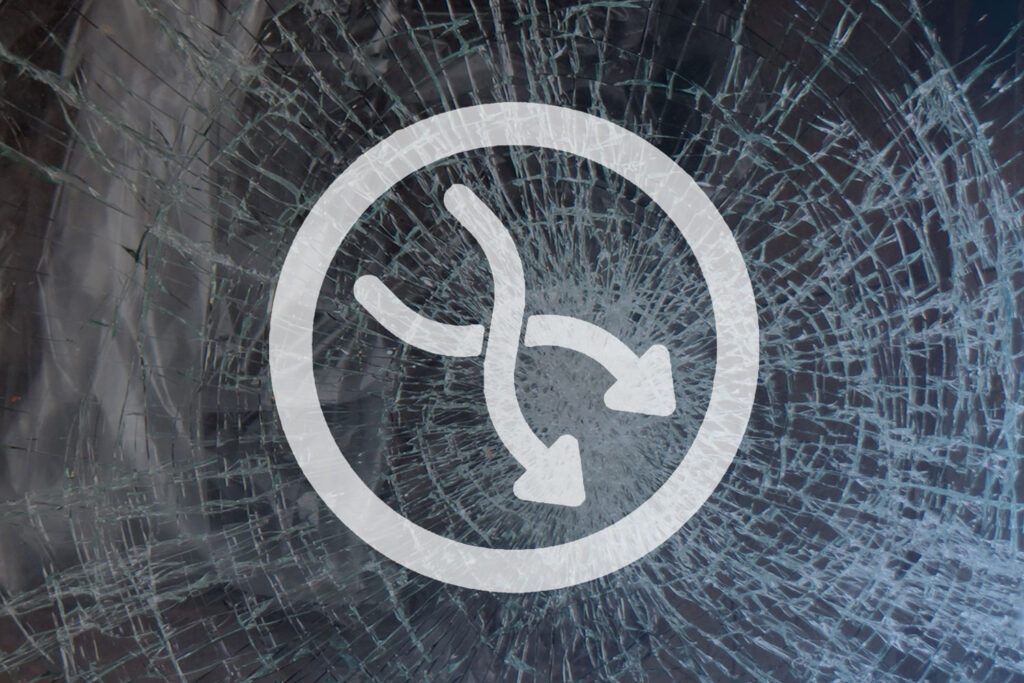Complexity-Congruent Research: Methods and Methodology. In: Global Crises
This chapter examines ‘restricted complexity’ research approaches and their effectiveness in addressing global polycrisis. It explores the potential of ‘complexity-congruent’ designs, which incorporate key traits such as temporal dynamics, multi-level scaling, and participatory methods. The chapter outlines a three-pronged framework: employing complexity-congruent methods, identifying time–space leverage points for intervention, and constructing scenarios of ‘boundary objects’ […]
Complexity-Congruent Research: Methods and Methodology. In: Global Crises Read More »









